Promoting Lithium-Ion Battery Safety in Our Community
Lithium-Ion batteries are a powerful source of energy, powering everything from your mobile phones to electric vehicles.
However, it's crucial to recognize the potential risks they carry, especially when damaged or mishandled.Lithium-ion batteries can overheat, catch fire, or even explode if they are not used, charged, or stored correctly. Such incidents not only pose a threat to personal safety but also to our firefighters and first responders who are called upon to manage these emergencies.
To ensure the safety and well-being of our community, we, alongside the National Fire Protection Association (NFPA), are providing resources designed to promote the safe use of lithium-ion batteries. Whether it's for personal electronics, transportation, or any other application, we urge you to familiarize yourself with these guidelines.Remember, proper handling and awareness can significantly reduce the risk of accidents.
Let's work together to keep San Mateo County safe.For more information on how to safely use, store, and dispose of lithium-ion batteries, please visit our website or contact our office directly.
The Future of Transportation and Energy Storage
Embrace the revolution in sustainable living with our comprehensive guide to electric vehicles (EVs) and home charging solutions. Learn how lithium-ion battery technology is transforming our world, offering unparalleled efficiency and convenience. However, with great power comes great responsibility—understand the safety measures and best practices that keep your EV and home charging setup running smoothly and safely. Click here to explore how you can harness the power of advanced battery storage systems while safeguarding your home and vehicle.

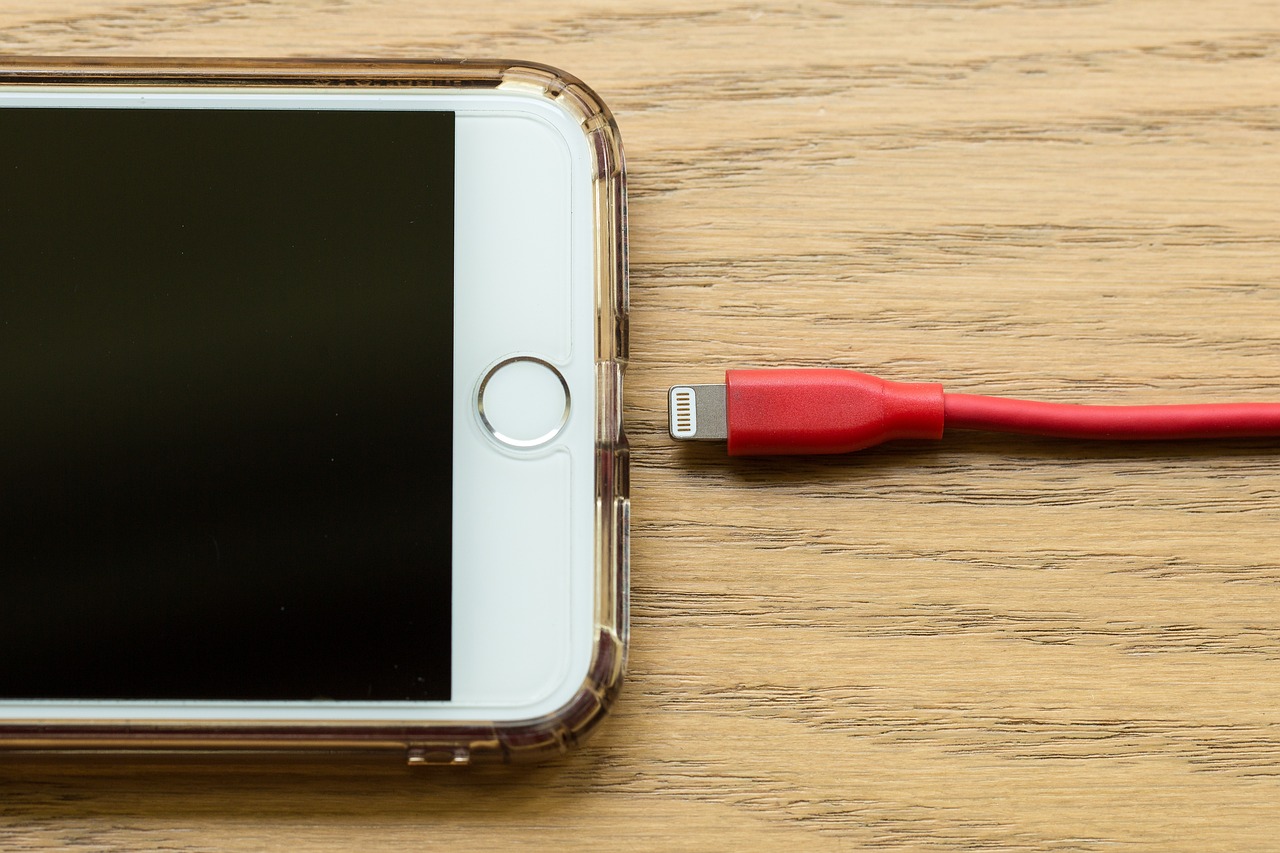
Smaller Devices & Electronics
Lithium-ion batteries are essential in powering small electronics like smartphones and laptops, offering high energy density and rechargeability. However, their compactness and efficiency come with risks. The main danger is thermal runaway, where the battery overheats and potentially catches fire or explodes due to internal short-circuiting, often caused by damage, overcharging, or exposure to extreme temperatures. This not only damages the device but can also lead to serious safety hazards. Therefore, it's vital to follow safety guidelines and use compatible chargers to mitigate risks, emphasizing the importance of both consumer awareness and advancements in battery safety technology.
E-Bikes and Scooters
E-bikes, scooters, and other electric mobility devices, powered by lithium-ion batteries, are becoming increasingly popular for their convenience and eco-friendliness. Yet, these batteries bring risks similar to those in smaller electronics but are amplified due to the larger battery size and energy content. Thermal runaway can lead to fires or explosions, especially if the battery is damaged, improperly charged, or exposed to high temperatures. Accidents involving e-bikes and scooters can not only cause severe injuries but also pose significant fire risks to homes and public spaces. Ensuring proper handling, storage, and charging practices is crucial for safety, highlighting the need for user education and stricter safety standards in the design and maintenance of these devices.
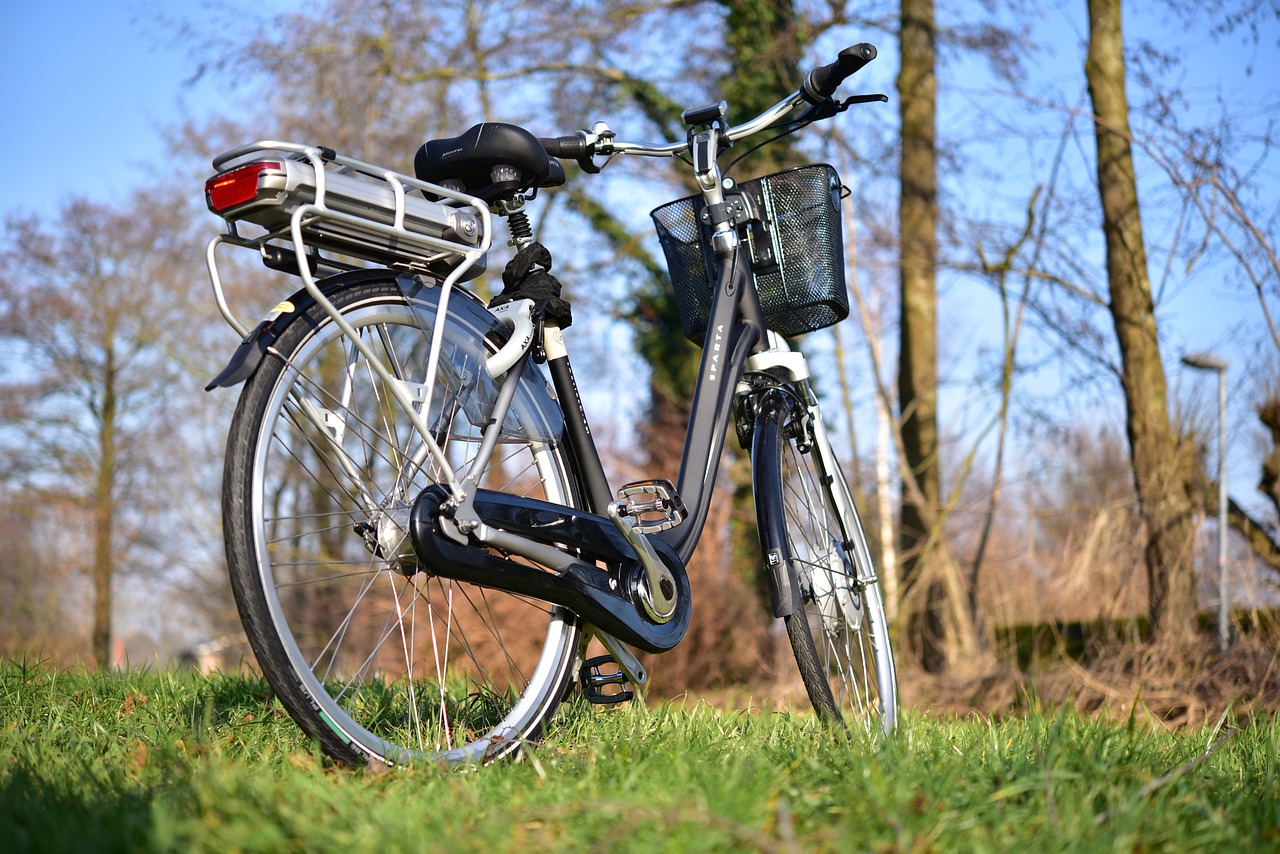
Educating the Public About Battery Safety
We provide valuable information on safe charging, storage, and disposal of lithium ion batteries to ensure public safety.
Mindful Charging
Learn how to safely charge your lithium ion batteries to prevent accidents.
Mindful Storage
Discover the best practices for storing lithium ion batteries to minimize risks.
Mindful Disposal
Find out how to properly dispose of lithium ion batteries to protect the environment.
Lithium-Ion Safety Blog
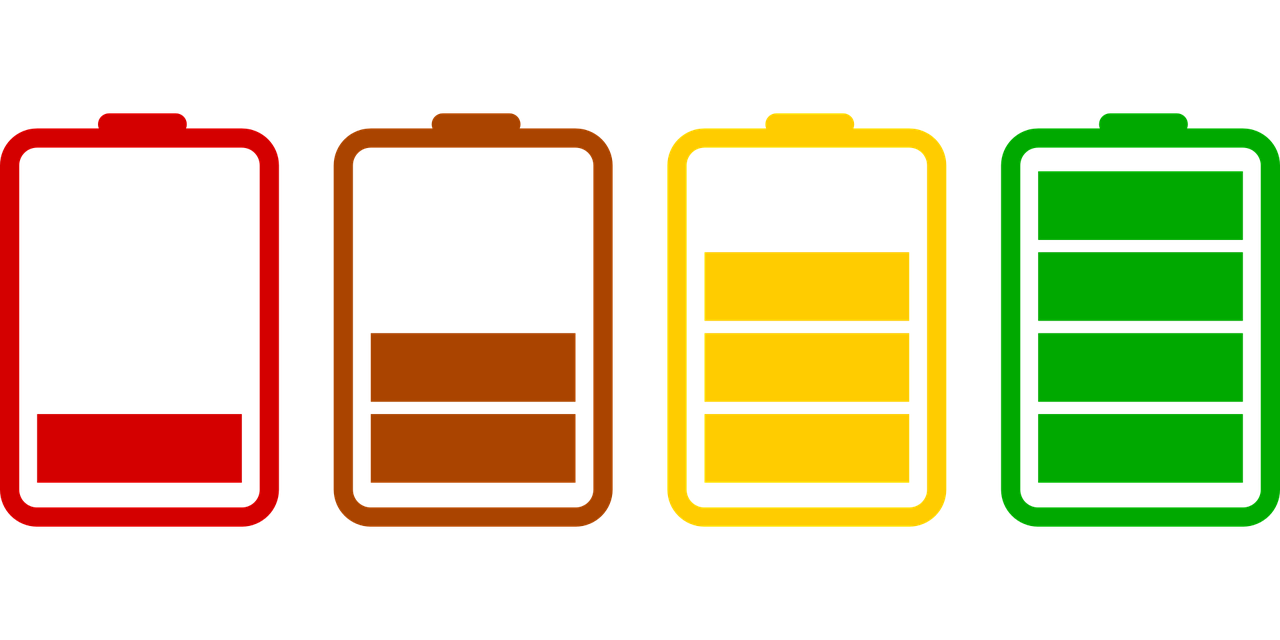
"5 Shocking Facts You Didn't Know About Lithium-Ion Batteries!"
Blog Post Link
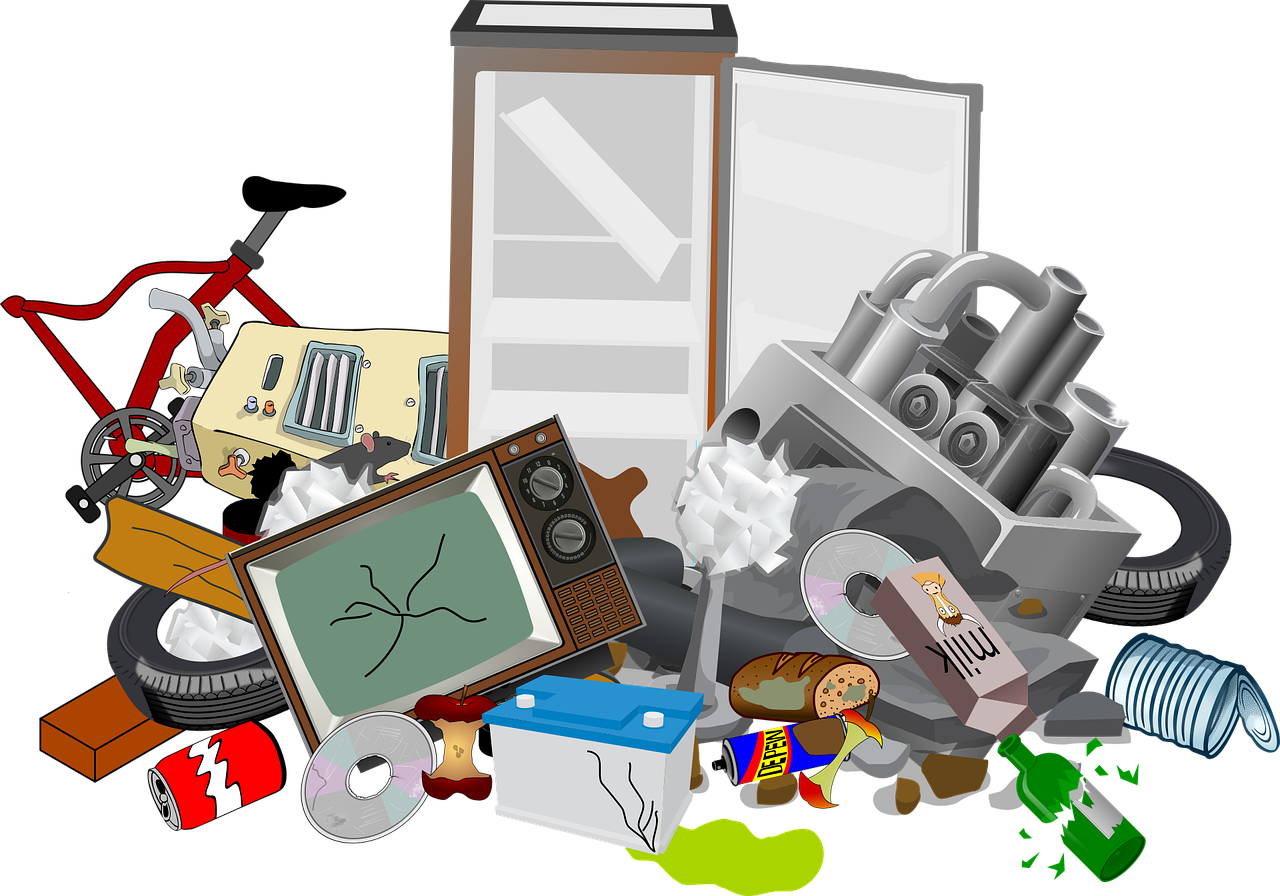
"Lithium-Ion Safety Secrets: Protect Your Home and Family from Unexpected Fires!"
Blog Post Link
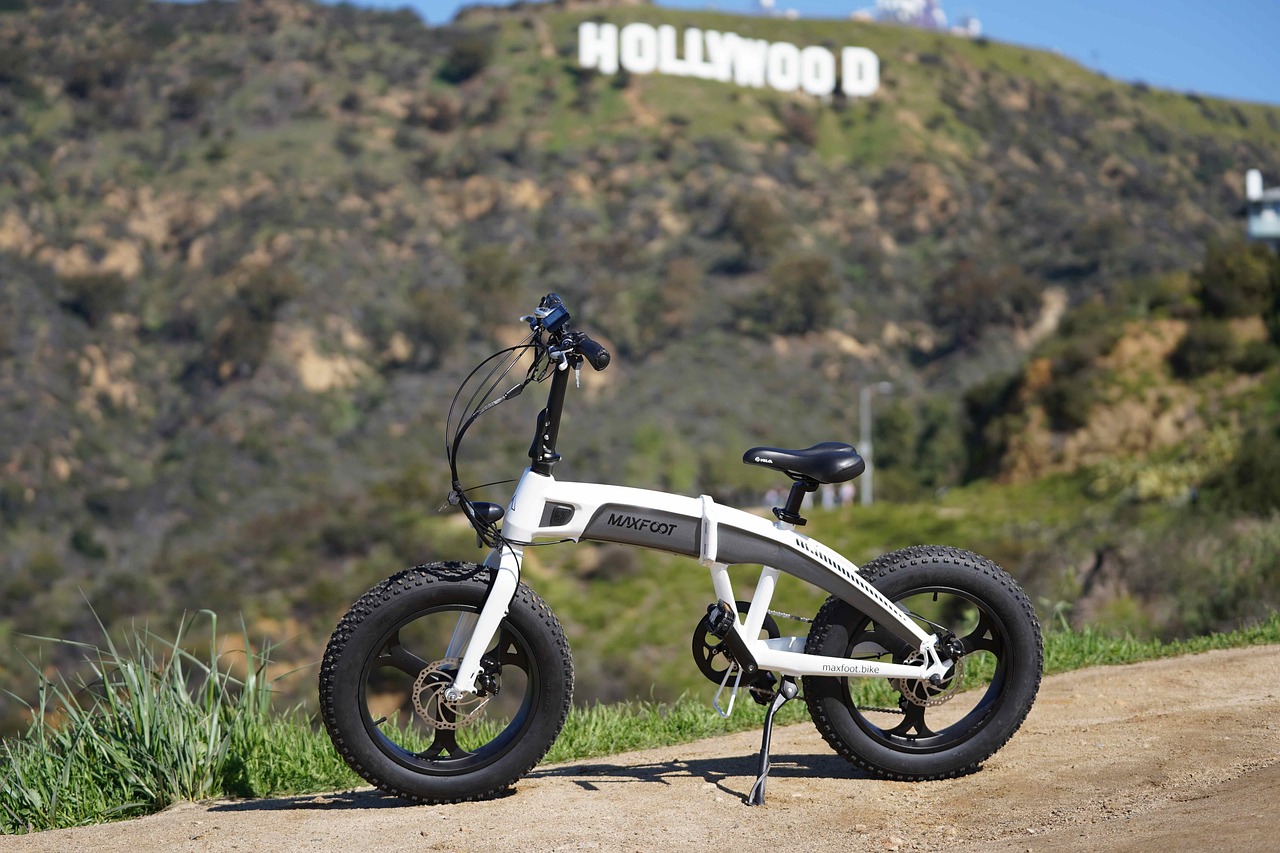
"The Hidden Dangers of E-Bikes: What They're Not Telling You!"
Blog Post Link

Why Your Electric Scooter Might Be More Dangerous Than You Think!
Blog Post Link
Lithium-ion battery fires happen for a variety of reasons, such as physical damage (e.g., the battery is penetrated or crushed or exposed to water), electrical damage (e.g., overcharging or using charging equipment not designed for the battery), exposure to extreme temperatures, and product defects.
- NFPA







 Made with Flowtrack
Made with Flowtrack